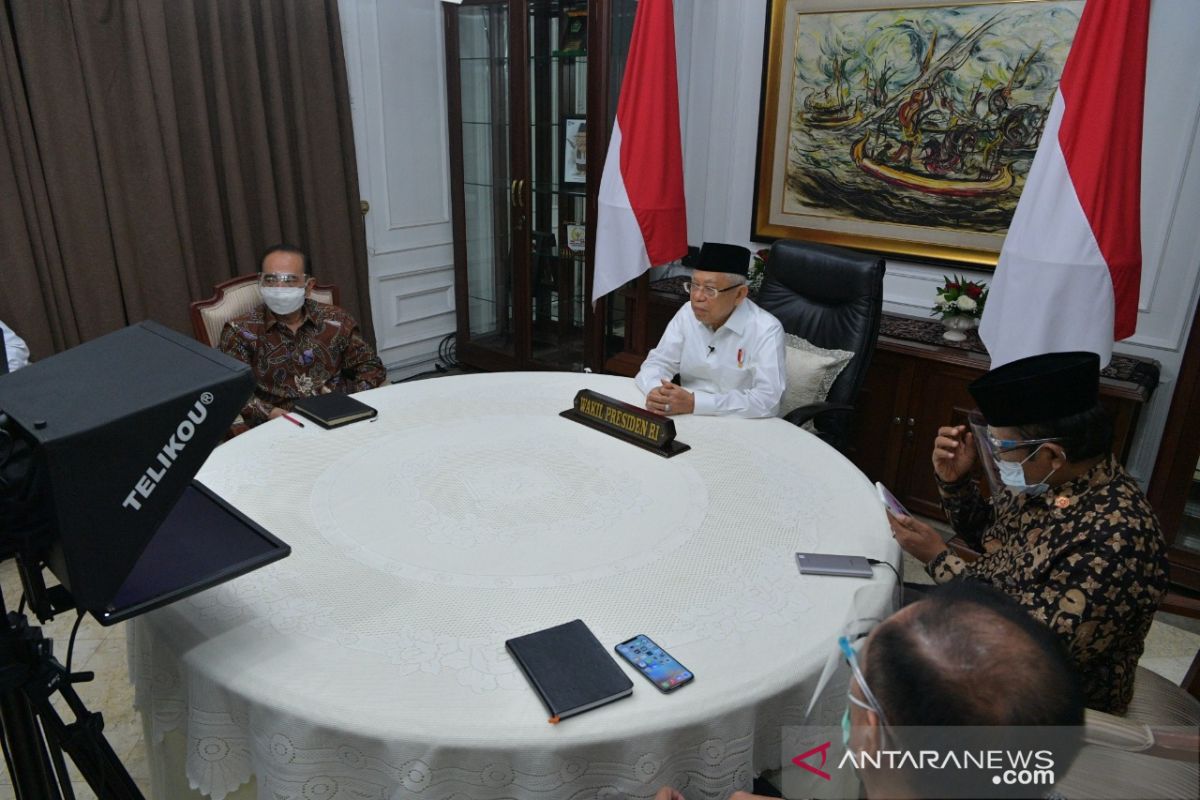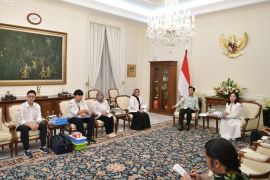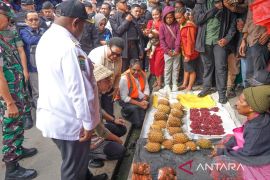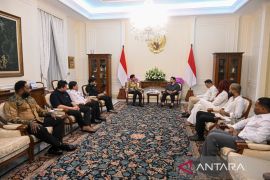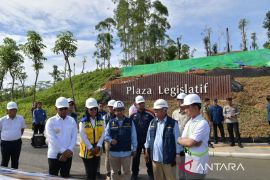Especially for this year, due to the COVID-19 pandemic, only 667,554 housing units, comprising 75 percent of houses for people from the low-income group (MBR) and 25 percent of houses for individuals from the non-low-income group, were built under thJakarta (ANTARA) - The target for the one million houses program for 2020 was not achieved in the wake of the COVID-19 pandemic, according to Vice President Ma'ruf Amin.
"Especially for this year, due to the COVID-19 pandemic, only 667,554 housing units, comprising 75 percent of houses for people from the low-income group (MBR) and 25 percent of houses for individuals from the non-low-income group, were built under the one million house program as of November 16, 2020," Amin remarked while opening the 2020 REI National Working Meeting virtually from Jakarta on Thursday.
As a result of the COVID-19 pandemic, the vice president noted that the Indonesian Real Estate Developers Association (REI) had also failed to achieve the target of building 239,109 housing units for MBR.
President Joko Widodo launched the one million homes program in 2015. After running for five years, as many as 5.4 million units, of which 70 percent were intended for MBR, had been built under the program.
"The government believes that building houses for the people will not only have a positive impact on the economy but it will also improve the quality of life of the people, especially those involved in the property industry cluster," he expounded.
The housing and property sector is an industrial cluster involving several types of businesses and industries, so job creation in this sector is quite large, the vice president stated.
With this housing development, the government is optimistic of absorbing scores of workers through labor-intensive programs.
Speaking in connection with the high housing backlog, reaching 11.04 million units, the vice president encouraged to accelerate housing construction, especially for low-income families.
Based on the Central Statistics Agency (BPS) data in 2019, the number of families in Indonesia owning a house had reached 80.07 percent, while the rest lived in rental houses, stayed with relatives, or led a nomadic existence.
"Hence, we need to support the development of the housing sector as a lever of inclusive economic growth and ensure that its benefits can be enjoyed by various groups of people. We all realize that a long struggle still lies ahead to facilitate housing for the people,” he noted.
Related news: Ministry allots Rp52.5 billion to renovate houses in North Kalimantan
Related news: 601,637 houses constructed under One Million Houses Program: ministry
EDITED BY INE
Translator: Fransiska, Azis Kurmala
Editor: Fardah Assegaf
Copyright © ANTARA 2020
